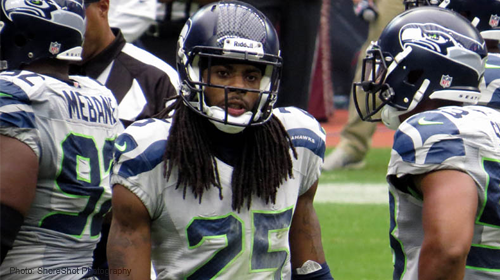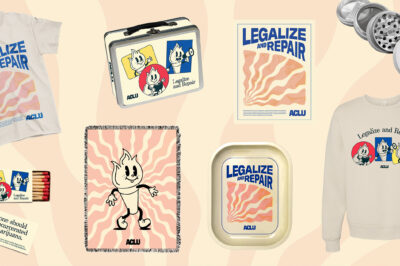An Unequal Playing Field: A Response To Richard Sherman's Post Super Bowl Playoff Game "Outburst"


After two hard fought games over the weekend, it was determined that the Denver Broncos would be facing the Seattle Seahawks in the NFL Super Bowl XLVIII next month. Both teams have overcome significant obstacles this season to reach the championship game—but the social media world was only focused on one thing last Sunday night — Seahawks cornerback Richard Sherman’s post playoff game outburst.
Sherman had just ended the San Francisco 49ers chance to head to the Super Bowl in the last 30 seconds of the playoff game by tipping a pass intended to 49ers receiver Michael Crabtree, which resulted in an interception by teammate Malcolm Smith. Drunk with adrenaline and excitement over the fact that his play would be taking the Seahawks to their second Super Bowl in franchise history, Sherman shouted to sports journalist Erin Andrews,
“I’m the best corner in the game! When you try me with a sorry receiver like Crabtree, that’s the result you’re going to get. Don’t you ever talk about me!”
The social media world immediately went berserk. While “boastful” and “competitive” could likely be used to describe 90 percent of NFL players, insults against Sherman quickly veered into racist territory — he was referred to on Twitter as a thug, jungle monkey and, you guessed it, the n-word, by thousands of people.
Sherman responded with a sharp op-ed in The MMQB, but this incident highlights how blatantly unequal the standard for the level of appropriate “aggressive” behavior continues to be between American sports players of color and their white counterparts. Someone like Marshall Henderson, a white Ole Miss basketball player has been caught over the years repeatedly bullying other teams, terrorizing his own fans, objectifying women and testing positive for drug use, but in headlines Marshall’s inappropriate conduct only reflects his “inner rebel” and “passion.” In July 2013, Riley Cooper, a white wide receiver on the Philadelphia Eagles was filmed at a Kenny Chesney concert shouting racial slurs at an African- American security guard. Yet, less than six months after his outburst, Cooper’s success on the football field has been said to have put his actions in the “past” and the Philadelphia District Attorney even went so far to suggest that a Super Bowl win would redeem Cooper.
On Sunday night Sherman did not antagonize 49ers or their fans, nor did he rely on profanity and racial slurs to get his point across, he simply boasted about his (well-founded) abilities and, as Andrews put it, showed “pure joy” after making a “career-defining, game-changing play.”
Americans are pouring hundreds and millions of dollars into a sport that is predicated on 250 lb. men crushing each other with pure aggression, but when a player of color speaks with the same intensity that he is urged to play with, he is racially targeted and disgraced. The double standards sports players of color face must be addressed by American sports institutions and their fans alike in order to ensure a truly equal playing field.
Learn more about racial justice and other civil liberty issues: Sign up for breaking news alerts, follow us on Twitter, and like us on Facebook.




